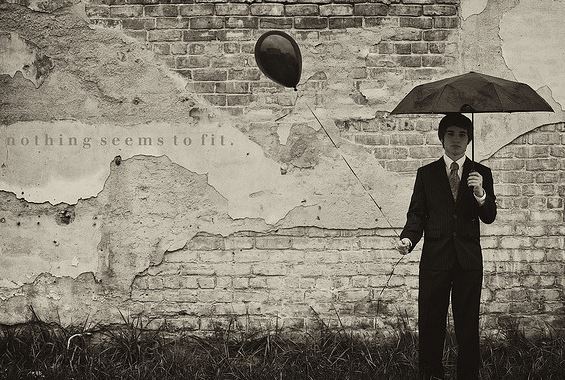
Straight, white men have it all: power, dominance, riches.
Yet without a faith and hope in something more – a higher power, a revolution to call their own, a chance to prove themselves through life’s challenges and obstacles – then those accomplishments can be lonely, shallow, and ultimately unsatisfying.
That’s the idea behind noted playwright Young Jean Lee’s latest work in progress, “Straight White Men,” which recently debuted at Brown University.
Although the title suggests the performance would focus on concepts such as “patriarchy” or “white privilege,” the play takes an introspective look at the emptiness of Caucasian success in contemporary American society.
Under the auspices of this performance, straight, white men have ostensibly conquered their world – they have fought and won their battles for freedom of speech, religion, suffrage and sovereignty.
So without the need to fight for anything anymore, what do straight, white men have to live for? What does their achievements offer? What now drives them, motivates them?
Simply put, can mankind live solely for mankind?
Perhaps intentionally, or maybe through divine serendipity, the meaningless of the fictional lives of the family in the play is juxtaposed with their rejection of a higher being or any sort of higher calling.
The sons make their obligatory Christmas toast to “the Lord,” to which the father responds with, “to Mabel [the name of the Christmas tree].”
The cast consists of only four characters, an aging father and his three middle-aged sons.
The father, Ed, is a recently widowed retiree, who is enjoying the exploits of a successful career. Ed’s youngest son, Drew, is a college professor, and his middle son, Jake, is a lawyer.
However his oldest son, Matt, is a law school dropout living at home. When Matt breaks down in tears for no apparent reason, it soon becomes clear that he is struggling to find a meaning for his life.
Drew pleads with Matt to go to therapy, saying that a psychiatrist can help him overcome feeling of hopelessness. Drew seems to suggest that it isn’t the lack of meaning in Matt’s life that is the cause of his suffering, but it is the desire for any meaning at all that is the root of his ills.
Ed dismisses Drew’s calls for therapy, instead saying that his son needs to pull himself up from his bootstraps and make a living for himself. But Matt contends that that is no longer an option.
For Matt, the old notions of the American dream no longer apply – overcoming obstacles and rising from nothing to something is inapplicable to someone of his status: a rich father with an endless supply of money, access to the best law schools, doors opening for him, and so on.
Jake offers perhaps the most critical insight into Matt’s problem, telling his brother that he is a revolutionary at heart, but he has nothing to fight for. Matt is excluded from the contemporary causes of minorities, because he is told, “they are not his fights to fight.”
The playwright, while making a lot of assumptions and generalizations on the status of white people as a monolithic class of privileged people, also does what all good artists should do – expands the audience’s minds, leaves them contemplating deeper truths.
With that, what is the American dream today for white people?
Ultimately, the play’s nod to the lack of faith that today runs rampant in much of American society’s upper echelons is perhaps the most poignant of all its points.
Fix contributor Ryan Fleming is a student at Brown University.
CLICK HERE to Like The College Fix on Facebook.
IMAGE: Brandon Christopher Warren/Flickr





Please join the conversation about our stories on Facebook, Twitter, Instagram, Reddit, MeWe, Rumble, Gab, Minds and Gettr.